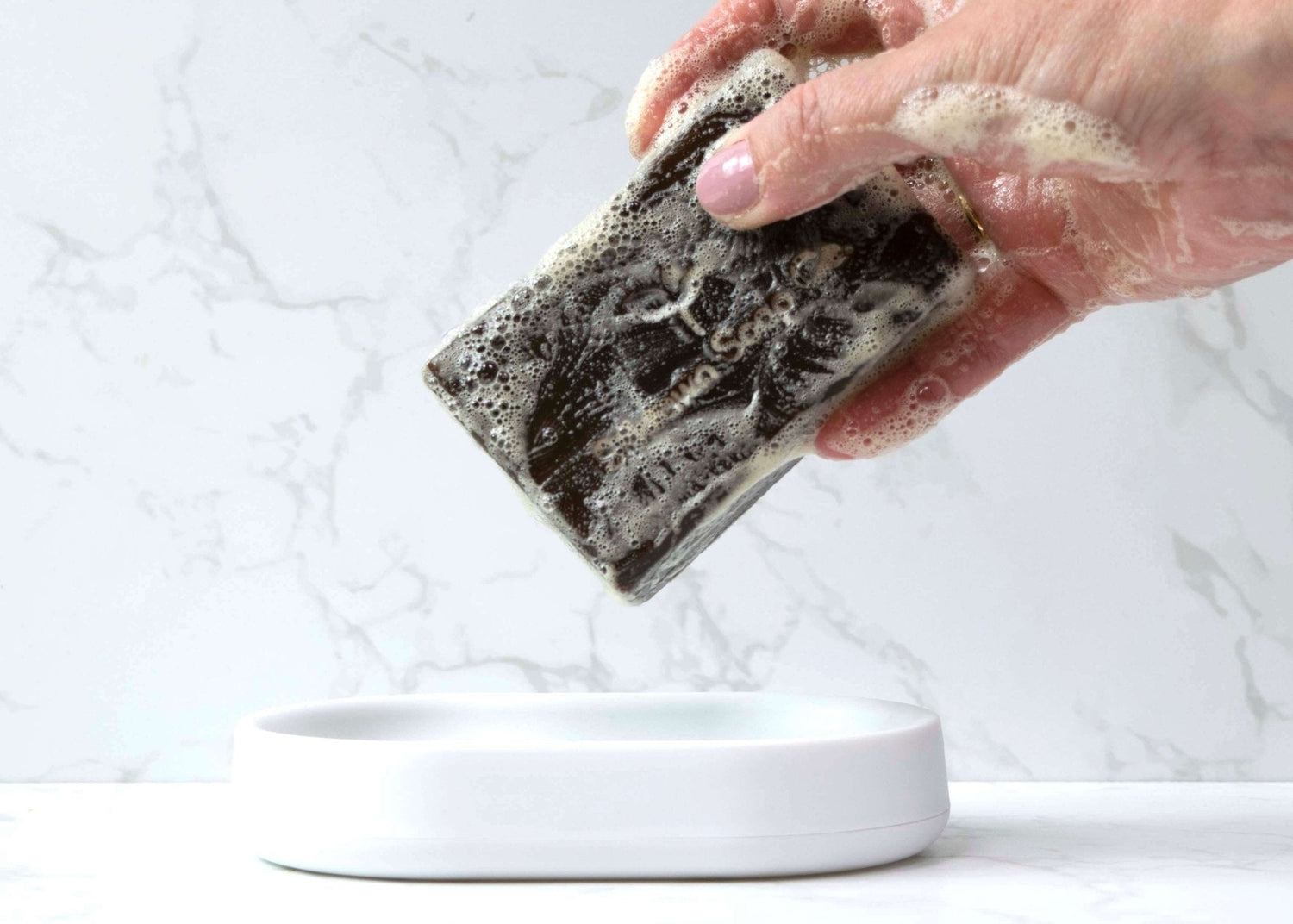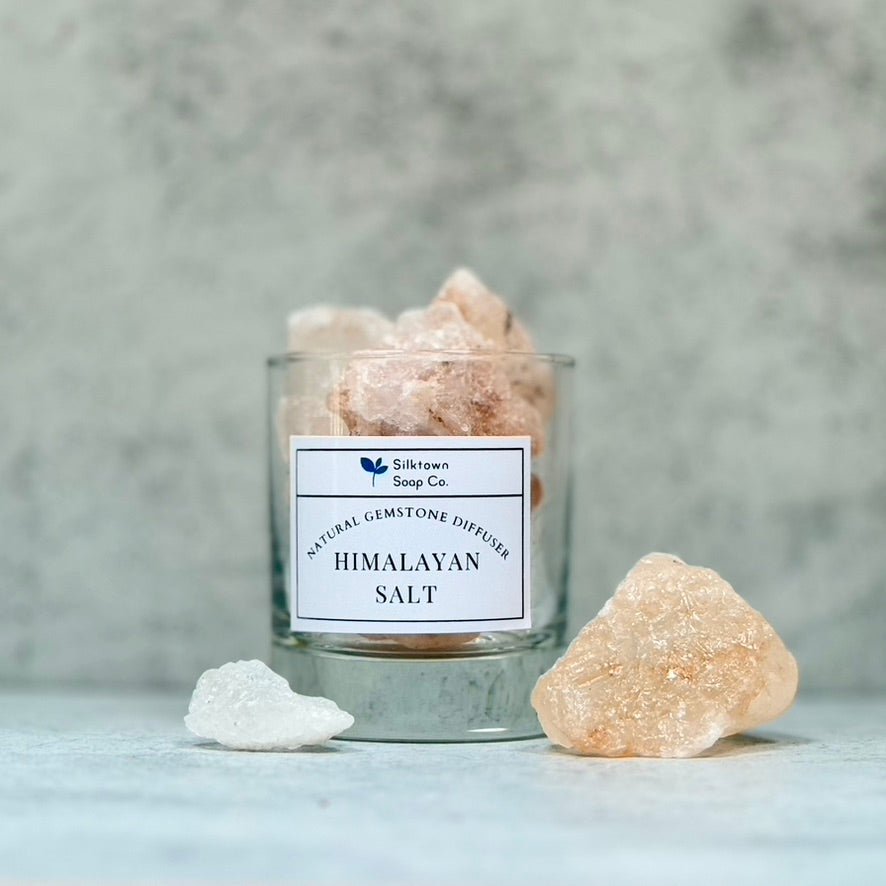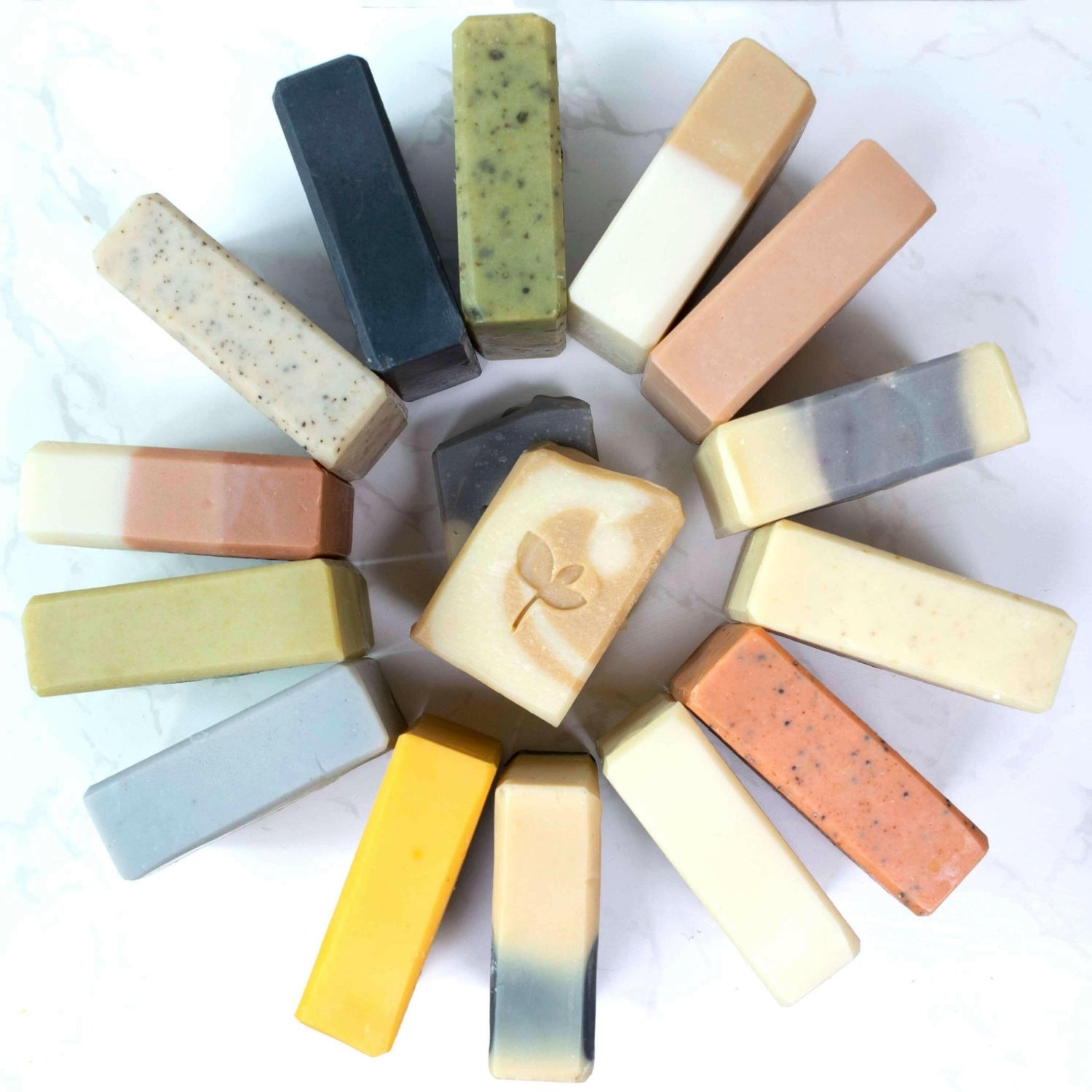Discovering British Wildflowers:
When exploring the British countryside, two common wildflowers often stand out: the Buttercup (Ranunculus spp.) and the Foxglove (Digitalis purpurea).
These beautiful plants add vibrant color to meadows and woodland edges, but they also have fascinating properties and historical significance. While they are not typically used in skincare due to their toxic nature, they have notable uses in the medical field. Let's delve into the intriguing world of these natural wonders.
Buttercup (Ranunculus spp.)
The Buttercup, with its cheerful yellow blooms, is a quintessential British wildflower. Known for its glossy petals that gleam in the sunlight, it often decorates fields and gardens during the spring and summer months.
Botanical Profile:
- Scientific Name: Ranunculus spp.
- Common Names: Buttercup, Crowfoot
- Habitat: Meadows, gardens, pastures, and roadside verges
Toxicity: Buttercups contain protoanemonin, a compound that can cause skin irritation and blistering. Due to this toxicity, they are not used in handmade or natural skincare products. However, their bright appearance makes them a beloved symbol of the British summer.
Medicinal Uses: Despite their toxicity, buttercups have been used historically in folk medicine. They were applied as a topical treatment for rheumatism and other ailments. However, modern medicine does not commonly use buttercups due to the potential for skin irritation and other adverse effects.
Foxglove (Digitalis purpurea)
The Foxglove is another striking British wildflower, renowned for its tall spikes of tubular flowers, which range from purple to pink, and sometimes white. This plant is not only beautiful but also holds a significant place in medical history.
Botanical Profile:
- Scientific Name: Digitalis purpurea
- Common Names: Foxglove, Digitalis
- Habitat: Woodlands, clearings, and hedgerows
Toxicity: Foxglove contains potent cardiac glycosides, which are highly toxic if ingested. Due to this, it is not suitable for use in natural or handmade skincare products. However, the medicinal value of foxglove lies in these very compounds.
Medicinal Uses: Foxglove is a critical plant in the pharmaceutical industry. The cardiac glycosides extracted from foxglove are used to produce digoxin and digitoxin, medications that help manage heart conditions such as atrial fibrillation and heart failure. The discovery of these compounds revolutionized cardiology and provided a natural source for life-saving drugs.
The Role of Wildflowers in Natural and Handmade Products
While Buttercup and Foxglove are not used in handmade or natural skincare products due to their toxic properties, they highlight the importance of understanding plant chemistry. Many other wildflowers and botanicals offer safe and beneficial properties for skincare and health, emphasizing the value of natural ingredients in handmade products.
Exploring the countryside, one can find numerous other plants that contribute to natural and handmade remedies without the risks associated with Buttercup and Foxglove. Always research and understand the properties of wild plants before using them in any form of product or remedy.
Conclusion
Buttercup (Ranunculus spp.) and Foxglove (Digitalis purpurea) are iconic British wildflowers with remarkable appearances and significant medicinal uses, despite their toxic nature. While they are not suitable for natural or handmade skincare products, their presence in the medical world is invaluable. Understanding these plants highlights the rich tapestry of natural resources available in the wild, guiding us to use nature’s gifts safely and effectively.
For more insights on the benefits of natural ingredients and the art of handmade products, stay connected with our blog.
Share your thoughts and experiences with us, and let’s continue to celebrate the wonders of nature together!






